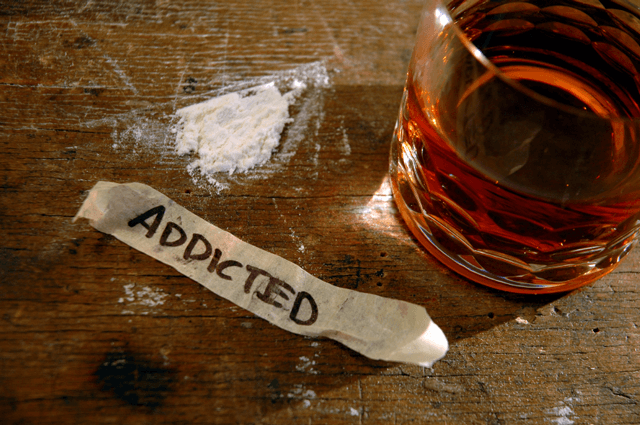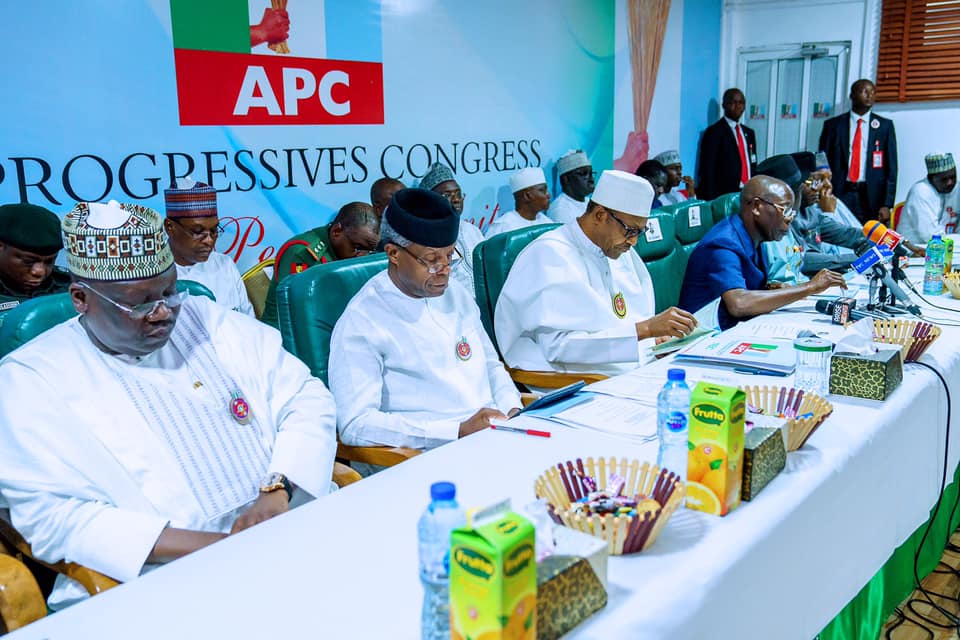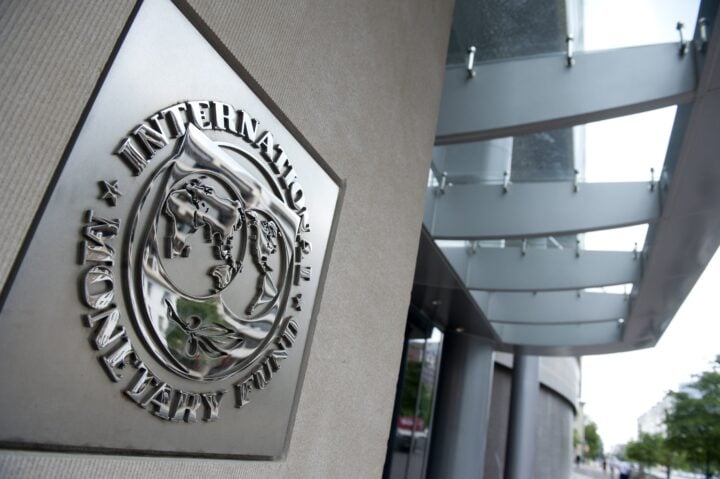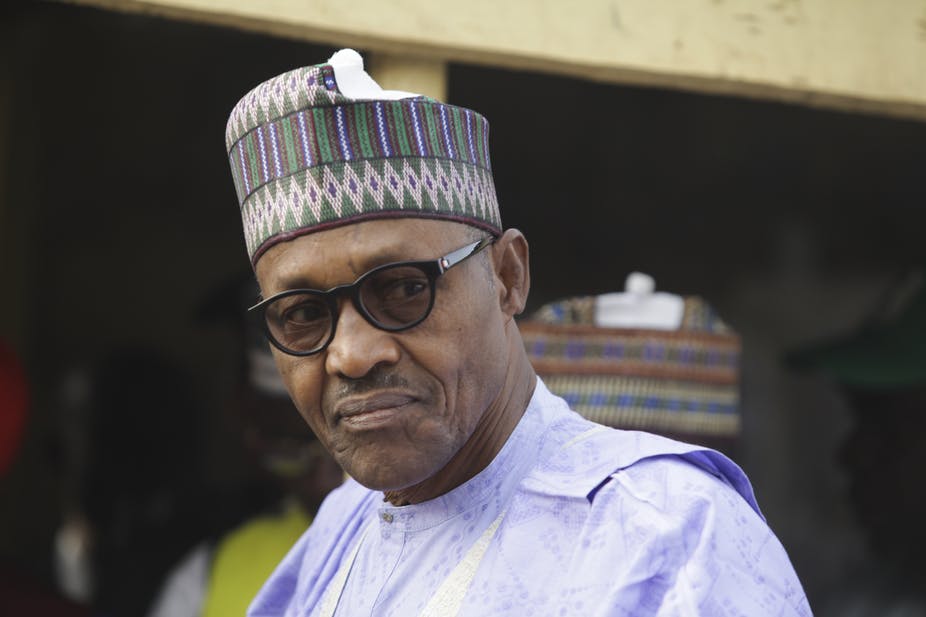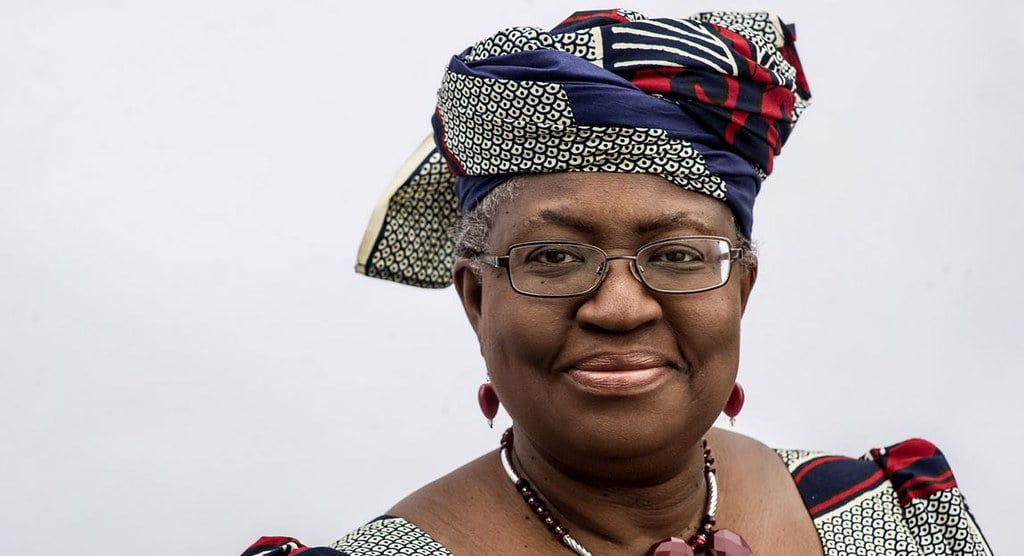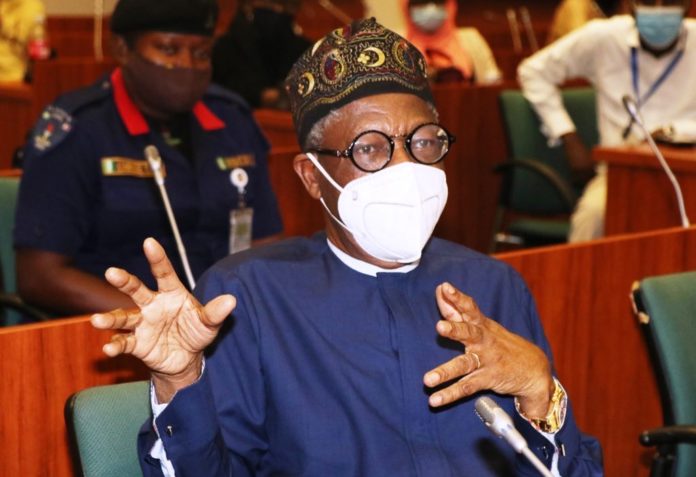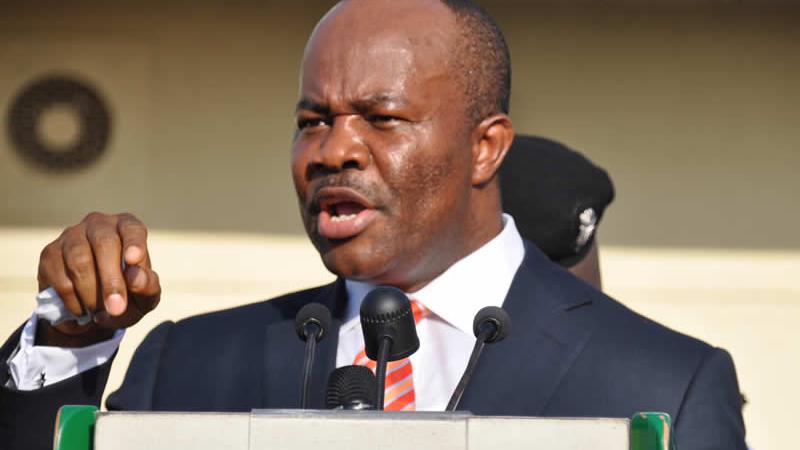Mixing cocaine with alcohol produces ‘deadly combination’, doctors warn
In 1990 when the Nigerian Drug Law Enforcement Agency (NDLEA) was charged with the commission to eliminate the growing, processing, selling, exporting and trafficking of hard drugs, their sole target was the leaders of narcotics and money laundering organizations because they assumed that the ‘back end’ of the illegal drug business was funded by wealthy and powerful people.
Drug use was assumed to be an expensive habit that only the rich could afford so the NDLEA didn’t feel the need to look at the baseline user, the regular Nigerian who resides on the lower echelon of society; the high school students , the sex worker, the public transport bus conductor, the corner street tout, after all “where would they get the means to pay for cocaine and heroin?” (or so they assumed). Little did we know that ‘drug abuse’ will re-introduce itself in what some people call the lesser drugs like “cannabis’ and synthetic over- the -counter drugs that contain ‘codeine or Morphine ’ which could be purchased easily for the street value of as low as 100 and 500 naira a portion, decades later.
A 2018 report by the United Nations Office On Drug and Crime (UNODC) on Drug Use Survey in Nigeria found out that an estimated 10.6 million persons had used cannabis,, 4.6 million persons had used Opioids( tramadol, codeine, or morphine) and 87,000 had used heroin in 2018 alone . The report also stated that drug abuse was more common among those aged 25-39 years. The situation is getting worse by the day .
During the 2020 International Day against Drug Abuse, the Chairman of NDLEA said the Agency seized 310 tons of Cannabis and 612,903 kg of other drugs in 2019. 9,444 persons were arrested for drug abuse offenses and 1,995 convictions were recorded in the same year 2019. The implication of rising addiction to drugs is that the average Nigerian youth appears to have taken solace in alcohol and drug use over the last decade so s/he can be desensitized to the numerous challenges they grapple with on a daily basis. Of course, one cannot lose sight of those that grew up abusing substances either because of the companies they keep or the tendency to do crimes.
Advertisement
After the BBC Africa Eye expose in 2018 that lead to a ban being placed on the importation and manufacture of drugs containing codeine; the estimated 3 million bottles of codeine cough syrup drunk every day in two northern states resulting in psychosis and organ failure, exposed the nation’s systemic breakdown of the mental health of our young people who have lost faith in a political system that cannot guarantee them employment after school, where insecurity thrives, education standard is crashing , and merit is sacrificed for nepotism.
A young lady in her 30s whom I encountered recently in Lagos loosely compared the effect of drug abuse or addiction with the abuse of power displayed blatantly by the people in government in the last 20 years in Nigeria. She postulates that whilst drug abuse is sometimes an unwilling choice to stem the effect of the helplessness and hopelessness the average Nigerian feels at the deplorable state of the nation and the erosion of their sense of self worth caused by the systemic corruption in leadership, our leaders’ abuse of power is the other side of the ‘bad penny’. Abuse of power in Nigeria , unlike abuse of drugs , is often a deliberate choice our leaders make that is set to induce that same helplessness with the hope that they can wield a narcissistic hold over Nigerian(s).
She went further to narrate a few shocking instances to support her case. How do you explain excessive indulgence in the perks of public office which has become addictive like drug abuse? According to her , it is probably one of the reasons why our politicians can go to any length to remain in public office for ever simply because of addiction . Some Law enforcement agents such as Customs and Police Officers have become addicted to extortion before doing duties which they are mandated by law to do .
Advertisement
This abuse of public office like abuse of drugs can be found amongst both the low and the high in society, she said . Shall we then say that Power is like a drug that induces a nonchalance and recklessness in leadership, the brunt of which is borne by the people the holders have pledged to serve? In the case of Nigeria , the answer seems to be a resounding YES!!
Since the advent of the fourth republic ,the Nigerian political space has since evolved from being a closet of corrupt practices ensconced in Federal and State government led projects to the blatant looting and racketeering by elected and appointed leaders who siphon funds meant for developing different sectors into personal bank accounts both at home and abroad. Much like the misuse of drugs produces the pre-requisite numbness the ordinary Nigerian desires so s/he can pretend that the state of the nation is mildly functional, so also is the misuse of power in leadership that produces a selfishness in our political leaders that denigrates its mandate to serve Nigeria and Nigerians.
The fact that this is commonplace, and is done with impunity, with little or no punitive measures to address it, inadvertently sets the stage for the continuous ‘Abuse of Power’. True leadership is service to the populace and relies greatly on the Character of a person and their level of Competence. It is believed that whereas competence can be learned prior to the job or even on the job; the true character of a leader is largely displayed when s/he attains the level of power that gives him/her the opportunity to choose service above self.
In a democracy, one assumes that the elected members of the legislature are the aggregate representation of the thoughts and desires of the people in every constituency who are supposed to service the needs of their ‘separate people’ in consonance with the general good and unity of Nigeria within the ambits of law.
Advertisement
However, what we see represented consistently is the disregard for the people on a constituency grassroot level and as such a disregard for the Nigerian people as a whole; this is Abuse of Power! Our legislators do not bother to know what matters to us on any issue and what we will have them say on our behalf in the various legislative houses . Theatrics in Legislative houses serves only one purpose; to feather the nests of the legislators. The judiciary, which is a sanctuary of sorts charged with the responsibility for interpretation of laws is not spared . We are seeing a rising number of judicial officers indicted and sanctioned for their ignorable role in desecrating the temple of justice simply because of addiction to filthy lucre .
This is Abuse of Power! The executive arm of government which has over time tried to curb the strain and accusations of a corrupt system, has in its actions and inactions indicted itself. Its activities have had negative effect on other arms of government , and often times a few corrupt individuals within their ranks have elevated abuse of office to an art. The turning of a blind eye to this Executive recklessness is also Abuse of Power. This leads me to an inevitable question; does power intoxicate just as drugs do? Does the abuse of power induce a heightened mental and emotional state that leaves an individual reckless in his/her character, thereby ignoring the correctness or lack thereof of their choice? If the answer is Yes to this question, it behoves us to ask why the same system would indict young men and women who abuse drugs when we turn our eyes away from a leadership that abuses power? A system where leaders seek to cater for and project their selfish ambition whether it is for wealth, fame and ultimately power is one that at best has the tendency to error, a lack of integrity and a progressive abuse of power towards the people they are called to serve thereby creating a vicious circle that invites whomsoever desires to serve within it to compromise his/her fundamental values for fairness in order to be ‘invited to eat at the table’.
The average Nigerian politician who may already be wealthy before attaining a position of leadership within the system, already has within his/her character a flaw that allows for compromise which sets the stage for the ultimate abuse of power when s/he is elected.
How do we create an enabling environment where the political arena encourages leadership with character and competence? How do we change the mindsets that seek a position of leadership in order to promote themselves instead of the nation? How do we change the narrative from the abuse of power to giving power to leadership as a trust that should only be exercised for the good of Nigeria and Nigerians? I think that is the Question for the Present and Future.
Advertisement
Views expressed by contributors are strictly personal and not of TheCable.

